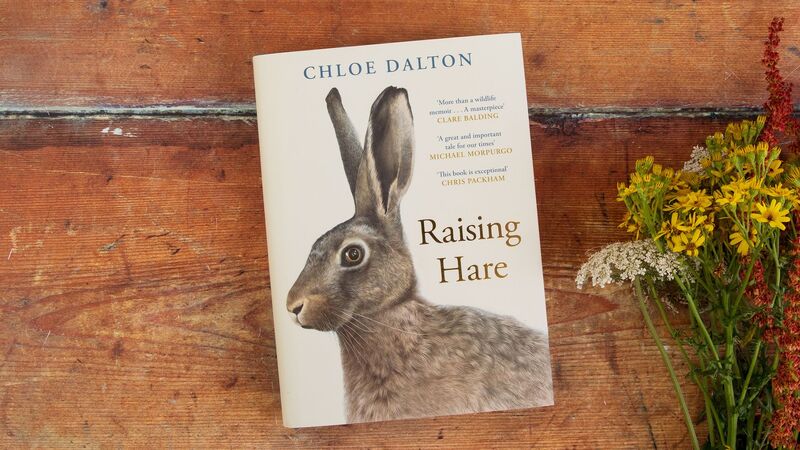You are viewing your 1 free article this month. Login to read more articles.
Debut novelist Alnaas youngest author to win $50k International Prize for Arabic Fiction
Debut novelist Mohamed Alnaas has become the youngest author and first Libyan national to win the $50,000 (£40,000) International Prize for Arabic Fiction.
He took the title for his "deep and meticulous" novel Bread on Uncle Milad’s Table (Rashm), which explores the concepts of femininity and masculinity, and their effect on society and individual psychology.
The announcement was made at a ceremony in Abu Dhabi on 22nd May celebrating the 15th edition of the award by the chair of judges, Tunisian novelist and previous winner Shukri Mabkhout. In addition to being awarded $50,000, funding will be provided for an English translation of Bread on Uncle Milad’s Table.
"The winning novel is written in the form of confessions of personal experience," Mabkhout said. "Its plethora of detail is deftly unified by a gripping narrative. This offers a deep and meticulous critique of prevailing concepts of masculinity and femininity and the division of work between men and women, and the effect of these on both a psychological and social level. It falls into the category of novels which question cultural norms about gender. However, it is embedded in its local Arab context and steers away from any ideological treatment of the issues, as such a treatment would be contrary to the way in which fiction can present multiple points of view."
Alnaas is a short story writer and journalist from Libya, born in 1991. He obtained a BA in electrical engineering from the University of Tripoli in 2014. The novel was written in just six months during lockdown, while Tripoli was under bombardment. He said writing the book was his "refuge from insanity" amid the news of Covid-19 and war. At 31, Alnaas is the youngest writer to win the International Prize for Arabic Fiction to date.
His book was chosen from a shortlist of six novels by authors from Egypt, Kuwait, Libya, Morocco, Oman and, for the first time, the UAE. The shortlisted finalists — Khalid Al-Nassrallah, Tareq Imam, Reem al-Kamali, Bushra Khalfan and Mohsine Loukili — will each receive $10,000 (£8,000).
Joining Mabkhout on the judging panel were Libyan doctor, poet and translator Ashur Etwebi, Lebanese writer and PEN International board member Iman Humaydan, Kuwaiti poet and critic Saadiah Mufarreh and Bulgarian academic and translator Baian Rayhanova.
Professor Yasir Suleiman, chair of the board of trustees, said: "Bread on Uncle Milad’s Table is the captivating story of one man, Milad, who ponders his life as it unfolds in an outwardly fractured but seamlessly braided continuum at the subterranean level. The narrative carries the reader effortlessly through Milad’s journey, with its many twists and turns, revealing his alienation from the norms of a society that values a manly interpretation of masculinity.
"Never affected, the language of the novel is an excellent testimony to the malleability of the high register of the Arabic language and its ability to deal with intimate matters of the body and soul with naturalness and ease. Sometimes wistful, but always lyrical the narrative succeeds in evoking a conflicted cultural fabric that fuses time with place in a Libyan milieu that speaks to and for Arabs everywhere."



















